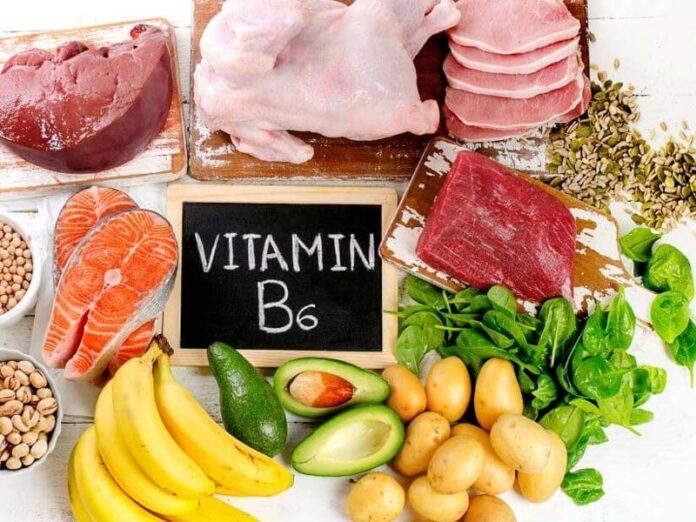Vitamin B6, also known as pyridoxine, plays a crucial role in brain development, immune function, and protein metabolism. A deficiency in Vitamin B6 can lead to symptoms such as irritability, depression, confusion, weakened immunity, and anemia. To prevent Vitamin B6 deficiency and ensure optimal health, here are 5 foods you can include in your diet, along with explanations of their benefits:
1. Bananas
- Why Include Them?
Bananas are a convenient and delicious source of Vitamin B6. A medium-sized banana provides about 20% of the daily recommended intake. - Additional Benefits:
They are rich in potassium and dietary fiber, aiding heart health and digestion.
2. Chickpeas
- Why Include Them?
Chickpeas are an excellent plant-based source of Vitamin B6. One cup of cooked chickpeas provides nearly 55% of the daily value (DV). - Additional Benefits:
They are high in protein and fiber, making them great for muscle repair and satiety.
3. Salmon
- Why Include It?
Salmon is a powerhouse of nutrients, including Vitamin B6. A 3-ounce serving of salmon can provide about 30% of the DV. - Additional Benefits:
It’s rich in omega-3 fatty acids, which promote brain and heart health.
4. Potatoes (with skin)
- Why Include Them?
Potatoes are a staple food high in Vitamin B6. One medium potato provides about 25% of the DV. - Additional Benefits:
They are a good source of energy and are packed with antioxidants, especially when eaten with the skin.
5. Fortified Cereals
- Why Include Them?
Many breakfast cereals are fortified with Vitamin B6, making them an easy way to meet your daily needs. - Additional Benefits:
Fortified cereals often provide other essential nutrients like iron, folic acid, and Vitamin D.
Tips to Maximize Vitamin B6 Absorption:
- Pair B6-rich foods with protein to improve absorption, as the body uses B6 to metabolize amino acids.
- Avoid overcooking food, as Vitamin B6 is sensitive to heat and can degrade during cooking. Steaming or microwaving is preferable.
- Include a variety of sources of Vitamin B6 to ensure you meet your daily requirement (1.3–1.7 mg for adults).
By incorporating these foods into your diet, you can reduce the risk of Vitamin B6 deficiency and enhance overall health. Let me know if you’d like additional dietary tips!



